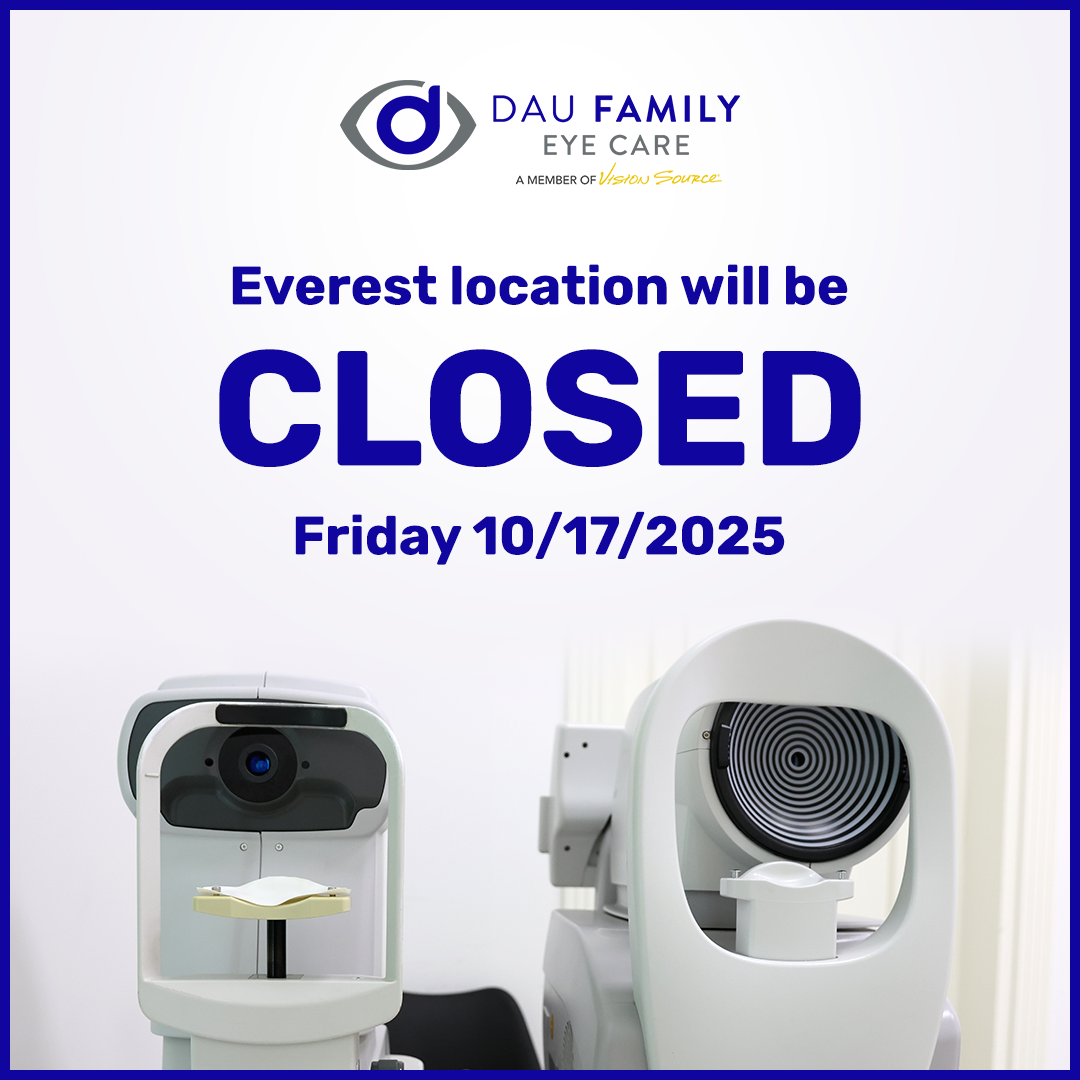
With summer arriving, you are probably wearing your sunglasses more than normal. But did you know that you would benefit from wearing your sunglasses all year round? Or that wearing the wrong sunglasses could put you at risk of developing eye diseases because they have been overexposed to UV radiation?
Here are some of the most frequently asked questions we hear about sunglasses and their role in UV protection.
Why do we need to wear sunglasses?
Sunglasses are the best way of protecting our eyes against the damaging effects of ultraviolet radiation. UV rays from the sun don’t only damage the skin. They can also damage the eye itself, both on the outside and the sensitive inner layers. Studies have shown that patients who do not wear sunglasses and whose eyes are overexposed to UV light are more susceptible to a range of degenerative eye diseases including cataracts and macular degeneration. Cancer of the skin around the eyes and damage to the lens of the eye are also serious consequences of UV exposure.
Does it matter which sunglasses I choose?
The sunglasses you choose are absolutely crucial to ensuring that your eyes are adequately protected against UV damage. This is because not all sunglasses have the same level of UV light-blocking ability. Cheap sunglasses often don’t have any UV filters at all, and these pose an even greater danger than not wearing sunglasses at all since the pupils will dilate, allowing even more harmful UV rays into the eye. Good quality sunglasses will filter out both UVA and UVB rays that are responsible for causing damage to your eyes. You can identify which sunglasses meet this standard by checking them for a sticker or tag that states that they block 100% UV light.
The style of your sunglasses should also be given some consideration. Closer-fitting designs, oversized lenses and wraparound styles offer the greatest protection against UV as they let the least amount of light in the sides of them.
When do I need to wear sunglasses?
Many people only wear sunglasses on extremely bright, sunny days. However, it is actually beneficial to wear sunglasses as often as you can when outdoors. This is because there are still UV rays present even on cloudy days. In fact, studies show that clouds block as little as 20% of UV rays, meaning you are still exposed to around 80%.
If you participate in any activities where you are at high altitudes, such as skiing, hiking, or climbing, it is especially important that you wear sunglasses that block 100% UV light. This is because the higher you are, the greater the amount of UV radiation in the air. Sunglasses are also essential if you are spending time on snow or water. Both of these surfaces reflect light back at us, and this exaggerates the effects of UV light and damage.
Do my sunglasses need any special coatings?
Some sunglasses are available with special coatings. Contrary to popular belief, the darkness of the tint of your lenses doesn’t actually make any difference to their effectiveness at blocking out UV light. However, there are some tints that can help you to see better in certain conditions.
Polarized lenses help to reduce glare from bright light reflecting off of flat surfaces, while anti-reflective (AR) coating prevents light from reflecting off of the back surface of your sunglasses. Mirror-coated lenses will limit the amount of light entering your eyes, and this can reduce eyestrain, and gradient lenses are darker at the top and lighter at the bottom. These shield your eyes from overhead sunlight while still letting enough light through the bottom part of the lens so that you can see clearly. You may also like to consider photochromic sunglasses that adjust their level of darkness based on the amount of UV light that they are exposed to.
At what age should someone start wearing sunglasses?
UV damage can occur at any age, and UV damage is cumulative over a person’s lifetime. This means that you should start protecting your eyes as soon as possible. Children’s eyes are particularly sensitive to UV damage and so they should start to wear sunglasses as soon as they are old enough. If they are too young to keep sunglasses on, start by getting them to wear a hat with a wide brim which will at least afford them some protection against UV light until they are ready to tolerate sunglasses. Even as an adult, a wide-brimmed hat or baseball cap will prevent light from entering the tops of your sunglasses and reaching your eyes.
If you would like more advice on UV protection or sunglasses, or if you’d like to take advantage of our limited-time special offer of 20% off non-prescription sunglasses, please contact our friendly and knowledgeable team today.





